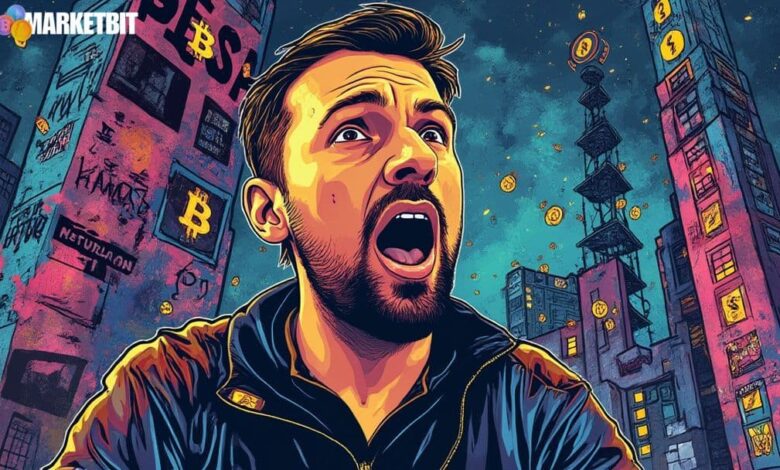Bitcoin Core v30 Protocol Debate

- Michael Saylor criticizes Bitcoin Core v30 protocol upgrade.
- Concerns over unlimited block data remove limits.
- Node adoption reflects fragmentation risks in Bitcoin’s ecosystem.
Michael Saylor’s recent retweet has sparked a heated debate over the Bitcoin Core v30 protocol changes, which involve removing limits on arbitrary block data, drawing mixed reactions from stakeholders.
The controversy highlights ongoing tensions between conservative Bitcoin proponents and advocates of technical innovation, with market reactions focusing on potential impacts on node infrastructure and ecosystem fragmentation.
Michael Saylor, CEO of MicroStrategy, has publicly criticized the Bitcoin Core v30 protocol change, arguing against the proposed removal of limits on arbitrary block data. His comments have reignited a debate on Bitcoin’s long-term security.
The proposed upgrade involves key figures, including Michael Saylor, who advocates extreme caution. In his own words, “I would counsel extreme caution, extreme caution whenever it comes to ‘upgrading the protocol.’ The lack of the feature is the feature. Maybe the world is the way it is because it should be that way…” source. Gloria Zhao, the Core Maintainer, is supporting the spam filter removal. The community is divided, mirroring previous controversies on protocol enhancements.
The announcement has already influenced the Bitcoin community, prompting discussions on node software choices. Notably, the Bitcoin Knots node software saw significant adoption, reflecting the growing division among developers and stakeholders.
This division may have implications for Bitcoin’s trust and investor confidence, with potential repercussions on corporate adoption. Michael Saylor’s stance could influence institutional decision-making, echoing concerns over protocol stability.
This technical debate evokes historical disputes over Bitcoin’s scalability, signaling potential challenges for developers. Stakeholders must consider long-term implications on network costs and performance as discussions continue.
Past events, like the 2023 Ordinals controversy, highlight the tension between innovation and immutability in Bitcoin’s evolution. Michael Saylor’s cautionary stance may impact future technological decisions and the cryptocurrency’s role as a digital asset.




